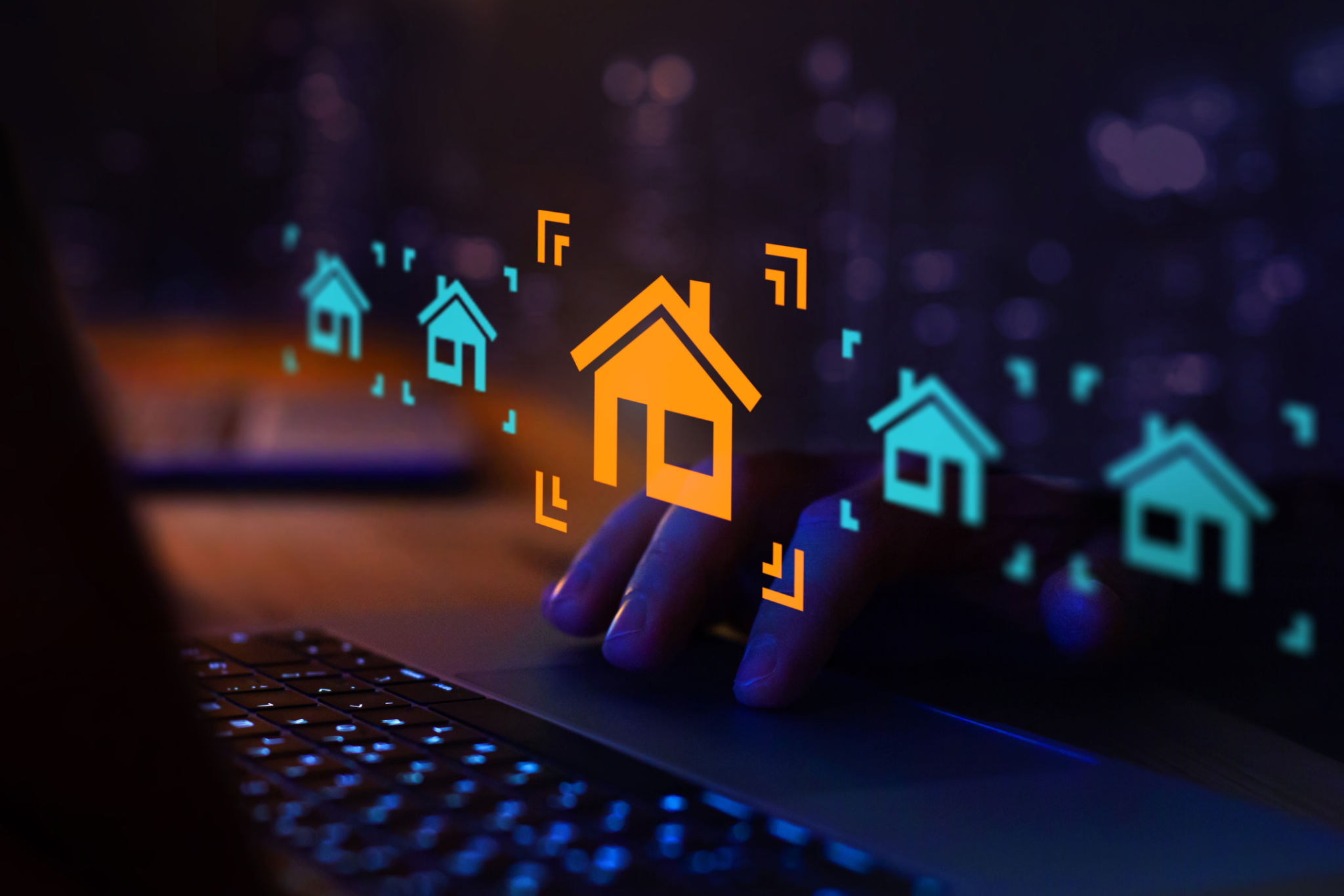How AI is Revolutionizing Property Valuation and Inspection
Introduction to AI in Property Valuation and Inspection
The real estate industry is experiencing a transformative change as artificial intelligence (AI) integrates into its core operations, particularly in property valuation and inspection. This technological shift is streamlining processes, enhancing accuracy, and offering new insights into the value and condition of properties.
The Role of AI in Property Valuation
Traditionally, property valuation has relied heavily on manual appraisals and market comparisons. However, AI is now playing a pivotal role by analyzing vast amounts of data more efficiently. Machine learning algorithms can assess numerous factors such as location, market trends, and property features to provide accurate and up-to-date valuations.
AI-driven platforms use historical data and real-time market analysis to predict future property values. These predictions help investors make informed decisions and allow sellers to set competitive prices. As a result, the real estate market becomes more transparent and efficient for all stakeholders.

Enhancing Property Inspections with AI
Property inspections are another area where AI is making significant strides. Traditional inspections can be time-consuming and prone to human error. By employing AI technologies, such as drones and computer vision, inspectors can now conduct thorough assessments with greater accuracy.
Drones equipped with high-resolution cameras can capture detailed images of properties, including hard-to-reach areas like roofs and tall structures. AI algorithms then analyze these images to detect issues such as structural damage, water leaks, or pest infestations. This process not only saves time but also provides a more comprehensive overview of a property's condition.

Benefits of AI Integration in Real Estate
The integration of AI in property valuation and inspection offers several benefits. Firstly, it reduces the time required for these tasks, allowing for faster transactions. Secondly, it increases the accuracy of valuations and inspections, minimizing discrepancies and disputes between buyers and sellers.
Moreover, AI can identify patterns and trends that may not be immediately apparent to human analysts. This insight allows real estate professionals to anticipate market shifts and adjust their strategies accordingly. By leveraging AI, the industry is becoming more proactive rather than reactive.
Challenges and Future Prospects
Despite the advantages, there are challenges to consider when implementing AI in real estate. Data privacy concerns and the need for significant initial investment in technology are potential hurdles. Additionally, there is a learning curve associated with adopting new tools and ensuring that industry professionals are adequately trained.
Looking ahead, the future of AI in property valuation and inspection is promising. As technology continues to evolve, we can expect even more sophisticated algorithms capable of handling complex data sets. This evolution will further enhance the accuracy and efficiency of real estate processes.

Conclusion
The revolution brought about by AI in property valuation and inspection is undeniable. By embracing these technologies, the real estate industry is setting a new standard for efficiency, accuracy, and innovation. As we move forward, the continued integration of AI will undoubtedly shape the future landscape of real estate transactions.
